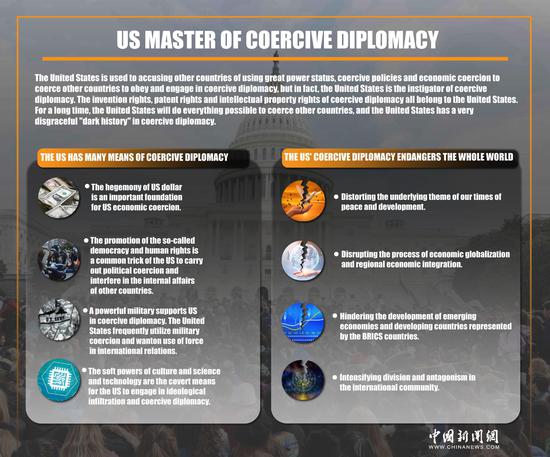The number of COVID-19 infections in China has increased since late April and entered a low-level and wave-like stage from mid-May with most cases showing only mild symptoms, experts from Chinese Center for Disease Control and Prevention (CDC) said on Sunday.
Despite an increase in the visits to hospital fever clinics across the country, the overall number is far lower than that during the peak of the previous epidemic outbreak, according to Wang Liping, a research fellow at the Chinese (CDC), said during a media interview on Sunday.
“Based on monitoring data from multiple channels, we believe that the epidemic caused by Omicron XBB series will continue for a period of time, but the overall epidemic situation remains controllable and has a relatively small impact on medical system and everyday life,” Wang said.
Another CDC research fellow Chen Cao said the main circulating strain is the XBB variant which accounted for more than 90 percent of all infections in China, and there has been no significant change in its pathogenicity.
According to the Beijing Center for Disease Prevention and Control, COVID-19 has ranked as the most prevalent virus in Beijing for four weeks after overtaking the city's influenza cases in late April.
China's top respiratory disease expert Zhong Nanshan said on May 22 that by late June, as many as 65 million people a week could become infected with COVID-19 across China.
But experts said she second peak won't be as bad as the first, nor will hospitals be overloaded as reinfection usually comes with milder symptoms.
Clinical observation showed that most patients had milder symptoms during their second infection compared to their first infection, usually with a milder sore throat and quicker recovery from fever. The duration of the illness may last for three to five days, according to Li Tongzeng, a medical expert at Beijing's Xiaotangshan Hospital, on Sunday.
Zhang Wenhong, director of Infectious Diseases Department at Huashan Hospital, Fudan University, told media recently that it is a rule of science that a second wave of COVID-19 has occurred in every country monitoring the epidemic without exception as public immunity is weakened with time and the virus mutates.
However, it carries less severe symptoms generally and there is more effective response from the medical system and should not be an obstacle to people getting on with everyday life, Zhang emphasized.


















































 京公网安备 11010202009201号
京公网安备 11010202009201号